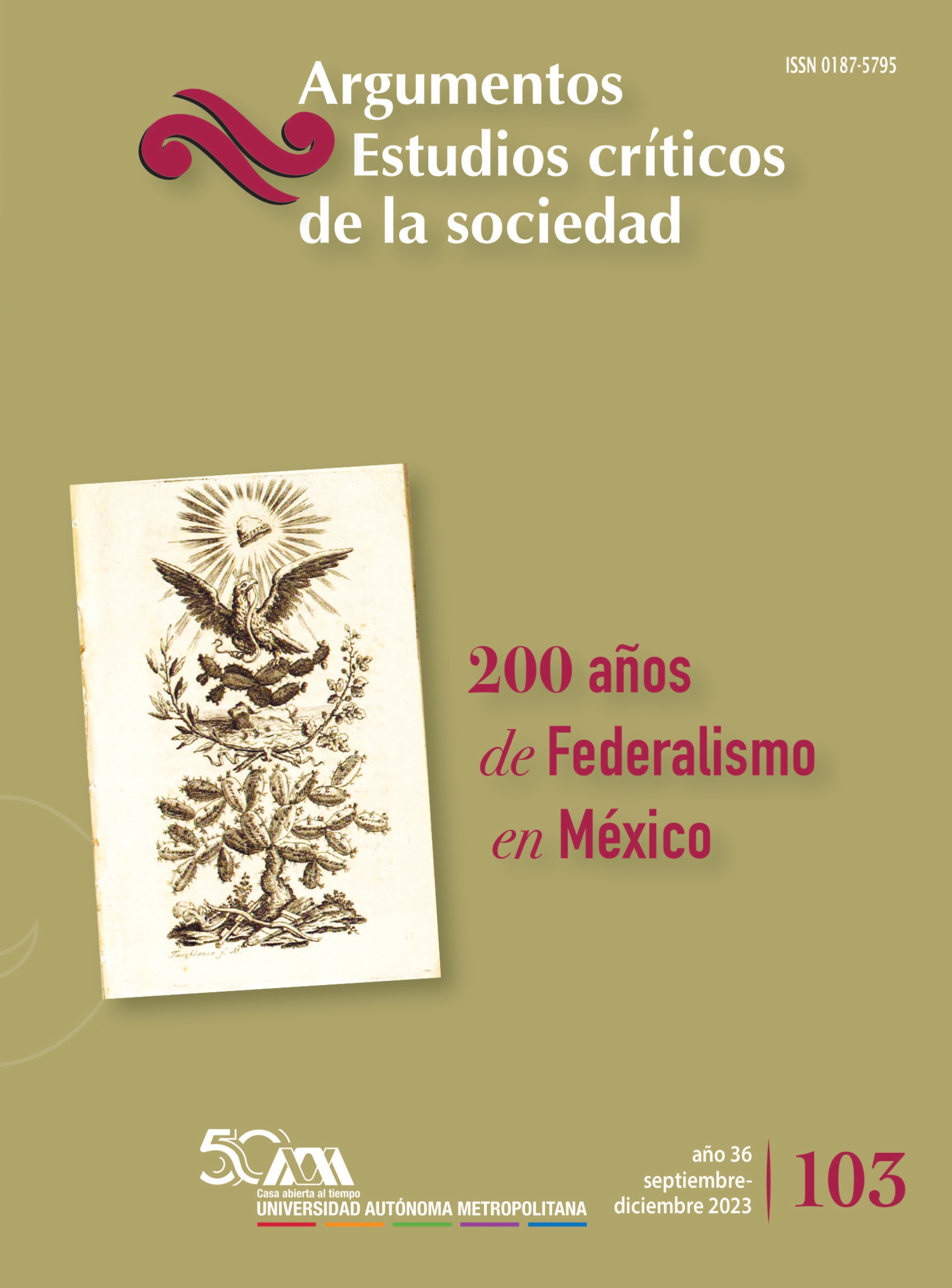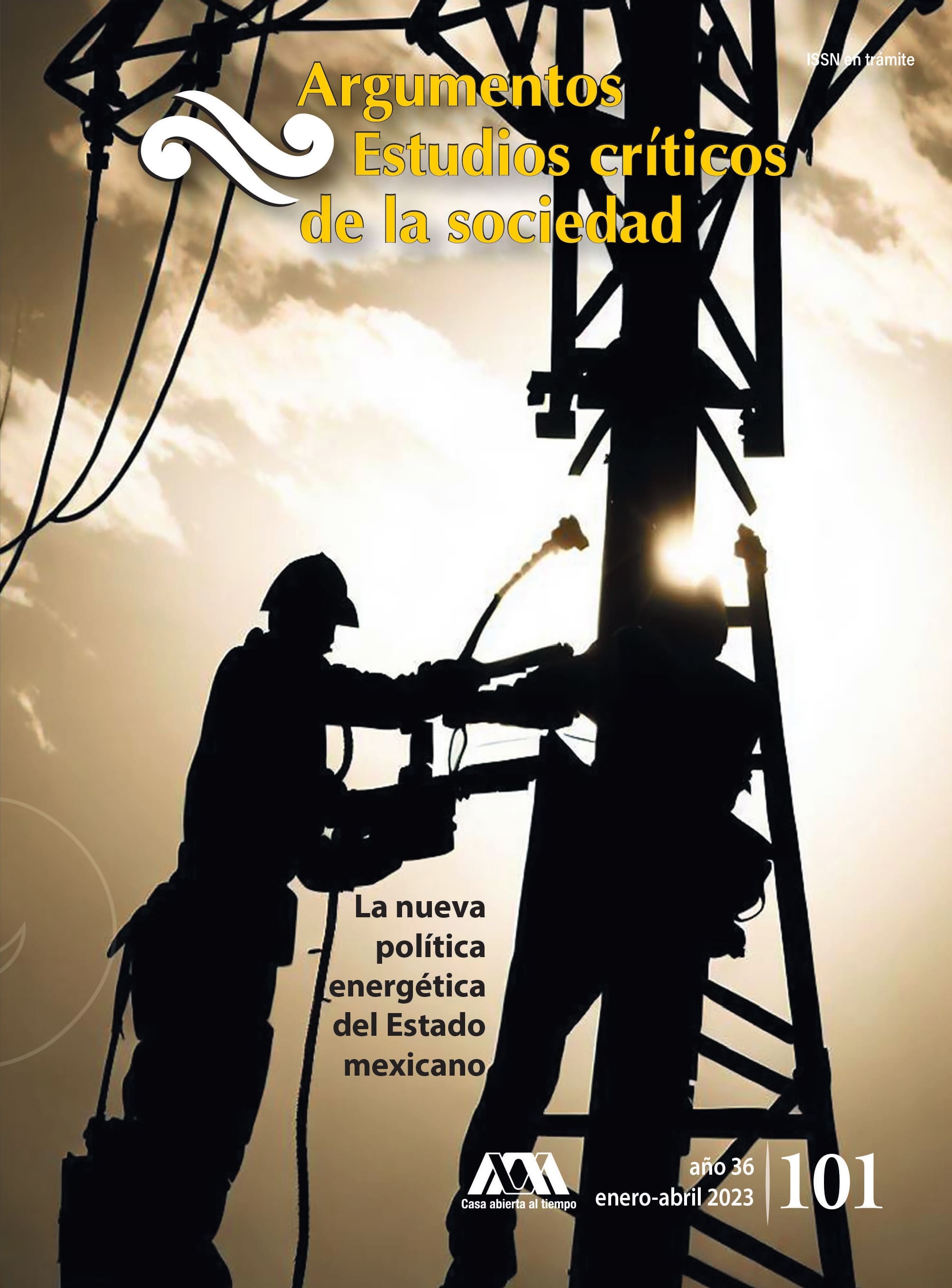Restricciones a la continuidad en las políticas de estabilización en México
Abstract
The manifestation of the crisis of 1982 meant a reorientation in the management of the Mexican economy. The unfavorable results registered in the principal economic indicators of the country pro¬pitiated, from that time on, the instrumentation of neoliberal policies in order to meet immediate problems and propel economic reconstruction through structural change. The course embarked on can be divided into two different phases: one of adjustments in the external sector which, along with zero growth and high inflation, made it possible to meet foreign financial commitments; and a second phase of stabilization which, by giving priority to the containment of inflation, has had adverse repercussions on the levels of the internal market, on the GNP and on commercial relations with the exterior. In the face of external imbalances, the growing need for foreign investment represents strong limitations to the continuity of the economic policies which have been implemented.








